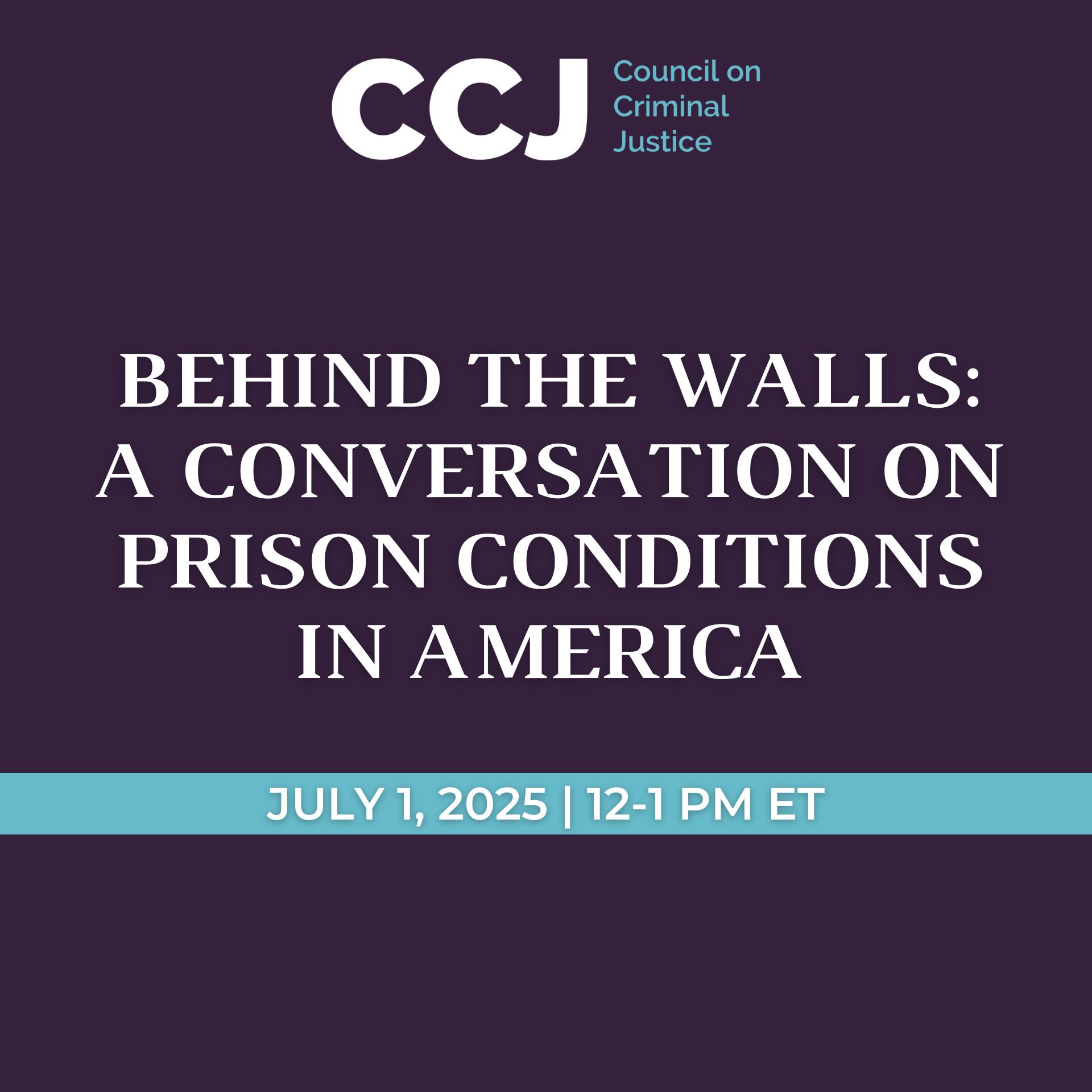By Marc A. Levin and Khalil A. Cumberbatch
Virtually all of us yearn for a world where outcomes in individual cases are fairer for both defendants and crime victims and society is safer and freer, enabling more people to positively contribute to their communities. While getting there requires a great deal of work, it also requires Centering Justice.
Centering Justice is not a destination, but rather an odyssey toward a better understanding of how shared values across the ideological spectrum – values that lead us to cherish both liberty and safety – can be translated into criminal justice policies and practices worthy of our highest ideals.
The two of us come to this journey from very different backgrounds: a Texan who sparked the center-right movement for criminal justice reform that contributed to passage of a raft of state laws and the First Step Act, and a New Yorker who overcame incarceration and the threat of deportation to drive progress on long- overdue system changes, including the plan to close the notorious Rikers Island jail. We will draw upon our experiences to bring light rather than heat to some of the most challenging issues of our time, from the evolving role of policing to sentencing and incarceration.
Centering Justice is not a destination, but rather an odyssey toward a better understanding of how shared values across the ideological spectrum … can be translated into criminal justice policies and practices worthy of our highest ideals.
But the goal of Centering Justice is not just to share our perspectives. Rather, we plan to engage a diverse supporting cast of the nation’s top thinkers and doers, fostering an ongoing, ideologically vibrant conversation on criminal justice policy. And perhaps most importantly, we hope that you’ll agree to come along for the ride.
As with any trip, there are some things to bring along and others to leave behind. Our first request is that you bring an open mind. In criminal justice policy and many other areas, solutions are too often judged based on whether their source is a person or institution with which we are ideologically aligned. Moreover, research findings are frequently counterintuitive. When police officers warn students not to use drugs, for example, it tends to cause them to do the opposite. And despite what you may think, some violent offenses are correlated with lower recidivism rates than nonviolent ones. The point is that with open minds, we can confront the unexpected complexities of criminal justice policy, rather than run from them.
Our second request is that you bring your most valued principles. While nearly all major criminal justice reforms have been born of bipartisan consensus, such accomplishments are often dismissed as “kumbaya” moments during which the left and right each compromised a bit on their beliefs to arrive at a deal. Yet priorities such as lowering rates of serious crime, protecting the constitutional rights of defendants, or enabling more people reentering society to successfully reconnect with family, employment, and housing draw upon the shared American values of ordered liberty and equal justice. To be sure, many areas of public policy are zero-sum games, as decisions by policymakers can mean higher taxes or lower taxes, legal abortion or no abortion, and so on. But when someone finds a positive future instead of a life of flawed decisions and crime, we all benefit. At the many the stops along this Centering Justice journey, we will spotlight similar win-win outcomes and solutions that are within our reach and worthy of our principles.
We will draw upon our experiences to bring light rather than heat to some of the most challenging issues of our time, from the evolving role of policing to sentencing and incarceration.
What to leave behind? Yesterday! Of course, we must retain that Beatles classic and continue to learn from the past, but just because something has always been done one way doesn’t make it the best or only way. Author Alan Cohen said, “our history is not our destiny,” and every day we are inspired by those who overcome the trauma caused by heinous crimes or brutal prison conditions to find peace and purpose. In recent years, the criminal justice system has belatedly shed techniques that have led to wrongful convictions like dog sniffing of police lineups and the use of hypnosis to elicit testimony hangs on by a thread. While monuments to our past may bedazzle visitors to the nation’s capital, longstanding criminal justice practices with little or no evidence supporting them are hardly nostalgic curiosities. They are enduring sources of injustice.
Most of all, charting a course to Centering Justice requires leaving behind indifference. As author and Holocaust survivor Elie Wiesel said, “The opposite of love is not hate, it’s indifference.” Figuring out what is going on in the justice system has never been easy, and prisons are perhaps the most opaque corner of our society. Getting answers is impossible unless those inside and outside the system care.
We plan to engage a diverse supporting cast of the nation’s top thinkers and doers, fostering an ongoing, ideologically vibrant conversation on criminal justice policy.
As we embark on this mission we’ve called Centering Justice, we are grateful that you care, and we encourage you to be an active participant, sending us feedback and ideas for future content. It is precisely because you are not indifferent that you seek out data and research, find Centering Justice to be of interest, and hopefully become an active participant, giving us feedback and ideas for future content.
With open minds and valued principles, and without being paralyzed by the past or indifference, let us go forth together in pursuit of a future where none of us must choose between being safe and being free.



